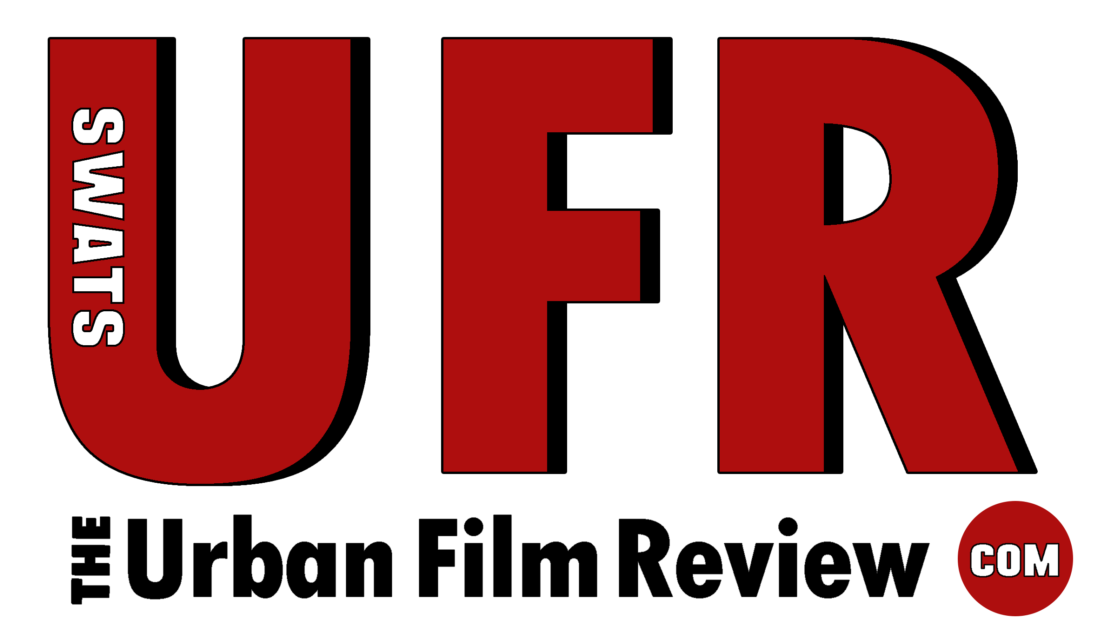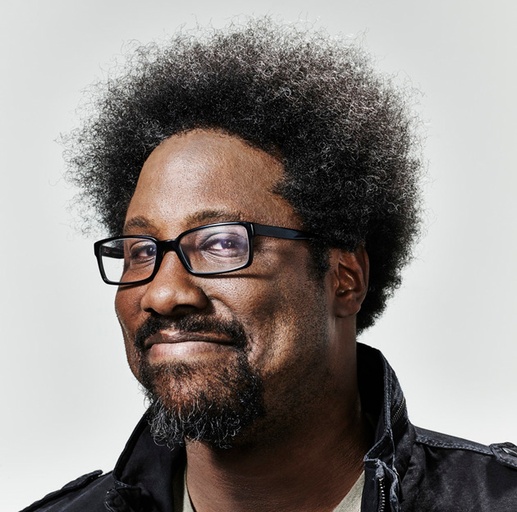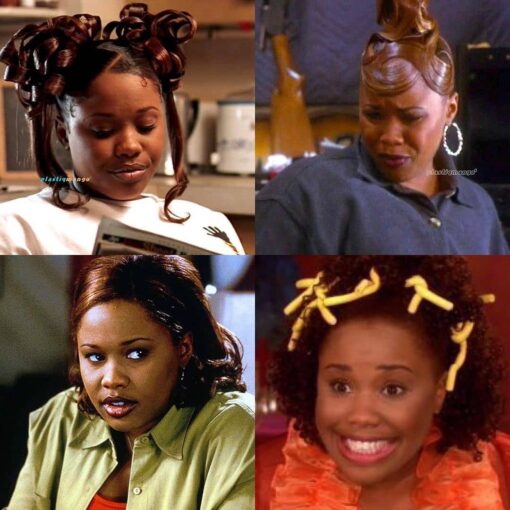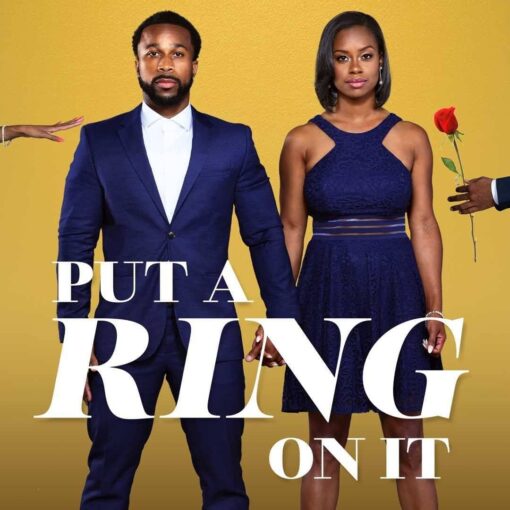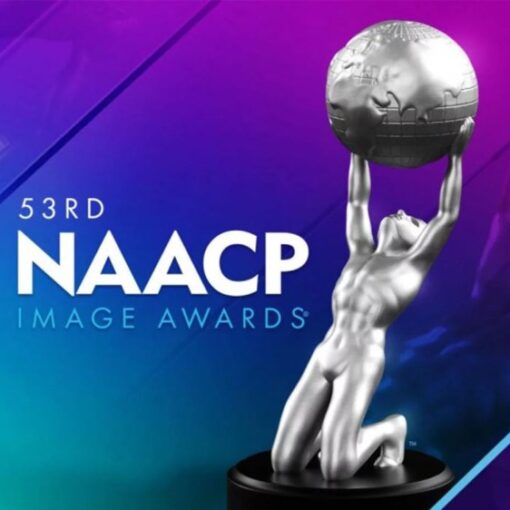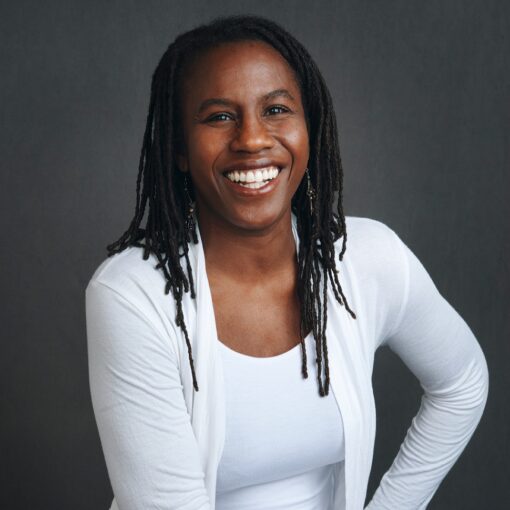Comedian-host-director W. Kamau Bell claims that black caret tops can never exist. “You can be a white comedian and never talk about what’s going on in the world,” Bell said. Tribeca Festival Thursday Night Audience “But it’s so hard to be a Black comedian and never talk about what’s going on in the world without a crowd saying ‘Where’s this dude from?’ A black caret top should be like, ‘I know I’m making fun of these hangers, but Black Lives Matter too.’ So, whether you want it or not, there’s pressure as a black person in America if you have a platform. Sometimes something has to be said.”
Tribeca
Bell Black was in Manhattan to discuss the comedian’s role and influence following the Tribeca world premiere of the first part of A&E Network’s two-part documentary program, right to insult: The Black Comedy Revolution, Produced by Kevin Hart’s Heartbeat and Time Studios, the four-hour docu explores the progress of black comedy in America and the comedians who have used humor to expose, challenge and ridicule society’s injustices.
In the film’s preface, Hart says: “The role of a black comedian today is not the same as yesterday. Your role is bigger than being funny.”
The series includes interviews with Hart and Bell as well as historians, critics, television producer Norman Lear, and comedians including Tiffany Haddish, Michael Che, Alonzo Bowden, Steve Harvey, Sherri Shepherd, Wayne Brady, Aisha Tyler, David Allen . Grier, and Amber Ruffin.
The first two hours of the documentary trace the career and legacy of veteran comedians including Red Fox, Moms Maybellie, and Dick Gregory. Part-One ended in the early 1980s, with Richard Pryor performing his most outspoken comedy that would influence comedians for generations to come.
“Richard Pryor understood that to be socially relevant you have to tell the truth,” Bowden told the audience during a post-screening Q&A.
Bell and Bowden were joined on stage by Dick Gregory’s son Christian Gregory, Richard Pryor’s daughter Ren Pryor, co-directors Mario Diaz and Jessica Sheriff, and executive producer Lauren Hammonds. Topics of conversation included the use of the “n-word,” Bill Cosby, and the possibility of slapping on a joke.
In the series, it is revealed that Pryor stopped saying “N-World” after traveling to Africa.
“I had just moved to Nigeria and lived with an African tribe for seven days,” said Rain Prior. “What’s interesting to me is that I understand that my dad needs to remove (the n-word) from his vocabulary because you don’t see niggers in Africa. There’s no one over his shoulder watching someone come over and Arrest them… It’s a different kind of society and a different kind of point of view. So, for me, the word doesn’t fit me the way it used to in the 1970s and 1980s, Where it used to affect you when someone said it. Now, I look at people who[use the word]and say, ‘Oh. They haven’t learned.’ It’s like they haven’t been educated about what blackness is.”
Bell had a different look.
“Do I even think about the n-word? No,” said Bell. “I wouldn’t say I use it like salt and ketchup, but it’s like paprika — it’s not for everything But it can make some taste really good. I will say that I think I say N-world more onstage than offstage. ,
Christian Gregory continued, “A word in itself should not have that much power. But trying to overcome it actually makes it stronger.”
Truly tracing the development and social awakening of the daring comedians who preceded Bell, Chris Rock, Eddie Murphy and Dave Chappelle meant that Diaz and the Sheriff had no choice but to enlist the leading but now disgraced entertainer Bill Cosby. was. Right to Crime: The Black Comedy Revolution,
“We obviously wanted to touch Cosby, but we also didn’t want to do with what’s happening today,” Diaz said. “We just wanted to put Cosby in that particular period (when he was successful) and talk about what he represented. We felt that was an integral part of the story.”
“There was obviously a lot of discussion about the best way to get him into the story,” Hammonds said.
Before discovering the multiple sexual assault allegations made against the comedian, the doctor cuts Bell from Cosby’s heyday to his current position of accused hunter, describing his fondness for the comedian.
Bell, who starred in the 2022 Showtime documentary series W. had directedNeed to talk about E Cosby, Said the cut made him “half a laugh”.
“I was saying exactly what I was saying (in that interview) because I probably came from editing my (Cosby) project and (Diaz and Sheriff) had no idea I was working on it at the time, ” What was said. bell.
Will Smith – What Chris Rock Oscar Smacks Means for Comedian’s Future Security – Bowden isn’t worried.
“I’m not going to be slapped on stage,” he said. “He (Will Smith slaps) is the final outside position. In comedy clubs, we’re still talking and still doing comedy, so nobody’s going to go to the club and worry about it.”
part one of right to insult Premieres June 29 on A&E. Part two will be released on June 30. @wkamaubell
